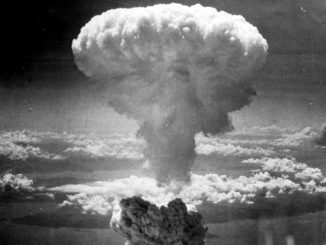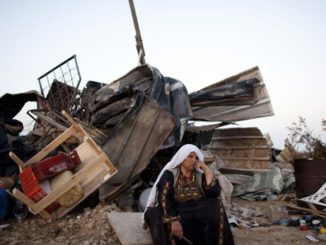
When Salvador Allende Told Us Happiness Is a Human Right
Source: The Nation
Now, for the first time, an adviser recalls a remarkable 1971 conversation with Chile’s socialist leader.
On September 11, 1973, a military coup in Chile—assisted by the CIA under orders from President Richard Nixon and his national-security adviser, Henry Kissinger—violently overthrew the socialist government of President Salvador Allende, ended his life, and brought to power the murderous dictatorship of Gen. Augusto Pinochet.
Shortly after Allende took office, he gave a long interview to the radical French intellectual Régis Debray, who questioned Allende about the Chilean road to socialism, which seemed to contradict the prevailing view that socialism could only be achieved through armed struggle and revolution, not electoral politics. An extended version of that interview appeared in Debray’s book Conversations With Allende, still available from Verso Books.

![Shannon Rivers protested Trump at the Phoenix rally on Tuesday. For Rivers, a tribal citizen of the Akimel O’odham of the Gila River Indian Community, the alliance between indigenous people and Latinos is personal. “Many [Latinos] are our family,” he said. Photo by Jenni Monet.](https://towardfreedom.org/wp-content/uploads/2017/08/image-1-1-326x245.jpg)

